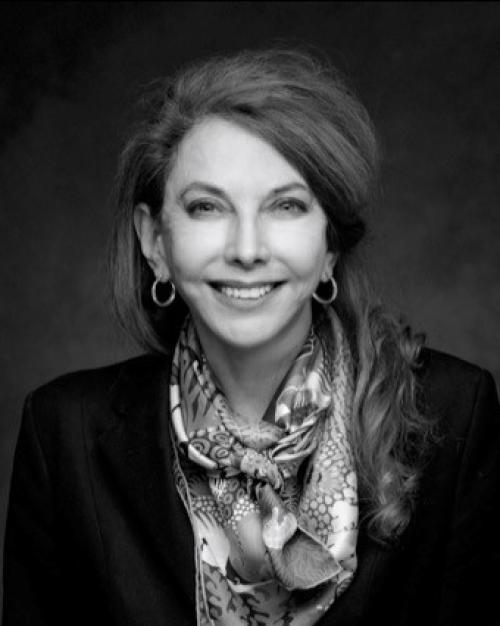The role social justice advocacy should play in medicine will be examined by Sally Satel, a practicing psychiatrist and lecturer at Yale University School of Medicine, in her talk, “Medicine in the Age of Social Justice Activism” on Monday, Oct. 6 at 5:30 p.m. in Statler Hall, room 198. The talk, sponsored by the Program on Freedom and Free Societies (F&FS), is free and open to the general public. It will also be livestreamed; register online to participate.
A resident scholar at the American Enterprise Institute (AEI), Satel studies mental health policy and political trends in medicine. Medical training, Satel said, is undergoing a worrisome experiment as it adopts social justice as a primary goal and encourages doctors to take on advocacy roles.
She offers as examples the Association of American Medical Colleges’ announcement after the George Floyd tragedy that the nation's medical schools “must employ anti-racist and unconscious bias training and engage in interracial dialogues,” the AMA’s “Organizational Strategic Plan to Embed Racial Justice and Advance Health Equity,” and the Journal of the American Medical Association commitment to “a heightened and appropriate emphasis on equity and publication of information that addresses structural racism with the goal of overcoming its effects in medicine and health care.”
In her talk, Satel will discuss the manifestations of this new imperative and its historical roots. She will also consider the potential harm of this approach to patients, future doctors, and public trust in her profession. Finally, she will suggest more effective ways for doctors to improve the health of patients who suffer the most in our society.
“Sally Satel’s efforts to help to shape truly humane medical practice derive not only from the study of statistical evidence and correlations but from her practice as a psychiatrist and as the medical director of a local methadone clinic in Washington, D.C.,” said Michael Fontaine, director of F&FS. “We are delighted to have her leading off this year’s program for Freedom and Free Society.” Fontaine, a professor of classics in the College of Arts and Sciences, will introduce Satel and moderate the following Q&A.
Satel has written widely in academic journals on topics in psychiatry and medicine and has published articles on cultural aspects of medicine and science in numerous magazines and journals. She has testified before Congress on veterans’ issues, mental health policy, drug courts and health disparities.
Her books include “Drug Treatment: The Case for Coercion” and “PC, M.D.: How Political Correctness Is Corrupting Medicine.”
She coauthored “One Nation under Therapy;” “The Health Disparities Myth;” “Brainwashed: The Seductive Appeal of Mindless Neuroscience,” a finalist for the 2014 Los Angeles Times Book Prize in Science; and “Mind the Children: How to Think About the Youth Mental Health Collapse.”
She is the editor of “When Altruism Isn’t Enough: The Case for Compensating Kidney Donors” and a co-editor of “Evaluating the Brain Disease Model of Addiction” and “The Free Inquiry Papers."
“Medicine in the Age of Social Justice” is being presented thanks to the generous support of Michael J. Millette ’87 and the Millette family as well as that of the Triad Foundation and other donors. The event is held in partnership with the AEI Academic Program's Collegiate Network.
David Guaspari is administrative assistant for the Program on Freedom and Free Societies.




